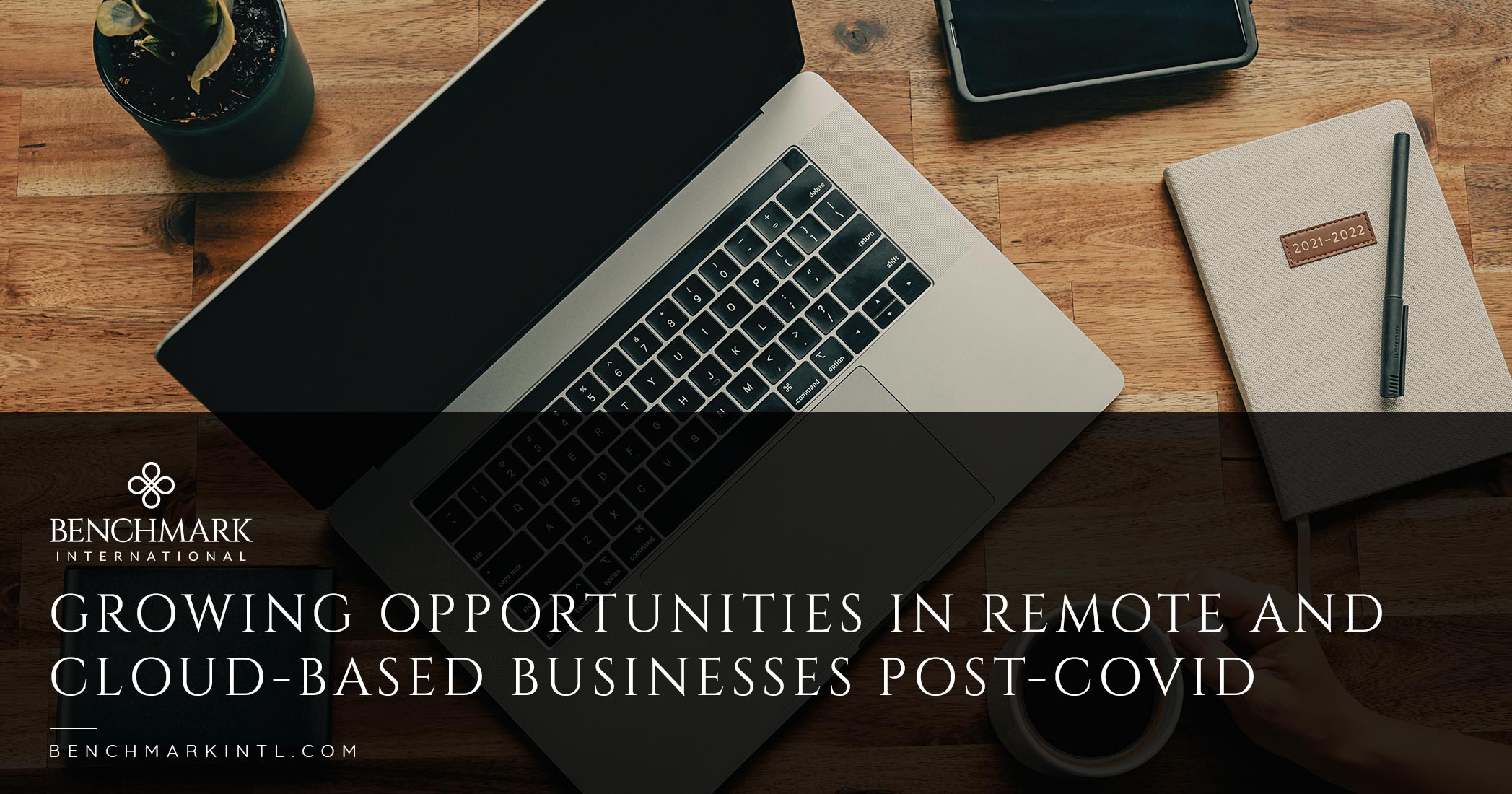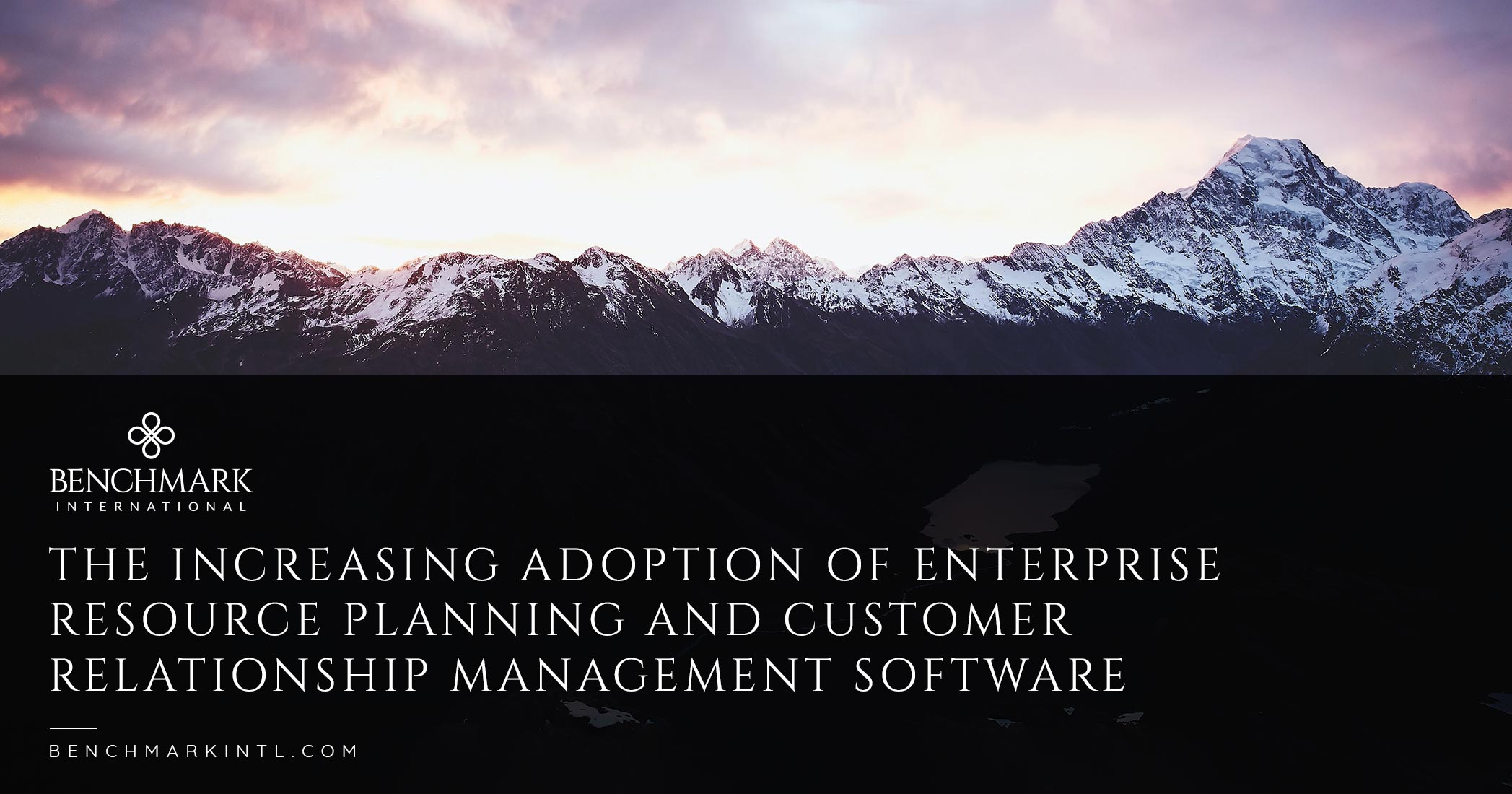How will running a competitive bid process help me?
The lower middle market remains very active, and we anticipate that this trend will continue for the foreseeable future. If you are a business owner, you have probably received unsolicited interest and perhaps even offers for your business. There is a lot of money chasing few deals, so buyers are looking to find off-market deals to build their pipeline and purchase a business below market value to boost their investors’ returns. Having additional buyers at the table tends only to benefit the seller.
When a buyer uncovers an off-market deal, they are often in a better position to buy the business at a discounted price than what they would pay in a formal auction or open bid process. Buyers seek acquisitions to help solve a problem or hit an ROI benchmark. If the buyer can purchase a business below market, then the buyer ends up winning both in the current transaction and future transactions. The business owner is the one who tends to have seller’s remorse. Our team commonly speaks with buyers who will not participate in auction processes because they do not want to pay top dollar, and those buyers know that they are not willing to do what it takes to win the bid.
If you have ever watched an episode of Shark Tank when all the sharks are bidding on an opportunity, you have seen how a competitive bid process can benefit the company pitching to the sharks. When Lori Greiner, Barbara Coroan, Robert Herjavec, Daymond John, Kevin O'Leary, or Mark Cuban share an interest in an opportunity, it often piques the interest of another shark who wants to jump in and try to win the bid. Sometimes, the sharks even go into the deal together. This process also happens for deals within the lower middle market. When two buyers go into a deal together, they are called co-investments. In this case, two can be better than one. However, you will not know if co-investments are an option until you go to market and run a process.
When a seller receives an offer from an unsolicited party, the offer only reflects one party’s view of the value of the business. Businesses are comprised of both tangible and intangible assets. That is, the value of the business lies not only in its tangible assets like machines and inventory but, perhaps more importantly, in the quality of its people, process, customer base, and intellectual property. Acquirers buy businesses for many reasons, including for geographic expansion, product line development, talent acquisition, and competitive advantages, to name a few. Why is a business worth 5x to one buyer but 7x to another? A business's real value is the opportunities an acquirer has post-closing. Ultimately, the only way to know if the offer in hand is a representation of the market or even the best option for the business owner is to explore multiple views of the value of the business.

If you move forward with the one offer available, what will you do if the deal falls apart during due diligence? Due diligence can be a time-consuming and overwhelming process. If you go through the due diligence process and the deal is unsuccessful, what? You will not have a second or third option. The sale process can be very emotional. Often, when a deal closing is not successful, a firm that ran a bid process will typically have a handful of bidders that they are able to re-engage to work toward a successful closing. The deal team can utilize the initial data request and due diligence process to make the workload lighter the second time around. An experienced M&A deal team will be able to craft a strategy to target active buyers from previous efforts and bring them back to the table. However, if you only have one option, you must start over from the beginning. By the time you start over, you are at risk of missing the market, which might cost you tens of millions of dollars.
The other great aspect of running a bid process is that you have leverage during due diligence. Typically, when a letter of intent is signed, the negotiation power shifts from the seller to the buyer. If you have other suitors waiting in the background, an experienced M&A deal team can use that competitive tension to help a seller secure the best deal on the market and keep the buyer in check. The buyer who ultimately wins a formal auction process knows that there were other suitors competing for the bid.
It is crucial for any seller considering a sale to hire a capable sell-side M&A firm to take them to market. A dedicated sell-side team virtually assures you that you will have multiple suitors and bids. You will be able to see several different views on the value of your business and be able to determine the optimal deal structure. The process will allow you to explore other partnerships and understand what competitive advantage various firms can bring to the table. If you compare the company sale process to dating, it is good to know what other suitors offer so you can pick the best one for you! Having an experienced M&A team take you to market to uncover your best options will give you the peace of mind that you have the information you need to make the best decision for you and your business.
Author
Kendall Stafford
Managing Partner
Benchmark International
T: +1 512 347 2000
E: STAFFORD@BENCHMARKINTL.COM
READ MORE >>
 Benchmark International
Benchmark International  Benchmark International
Benchmark International 









































